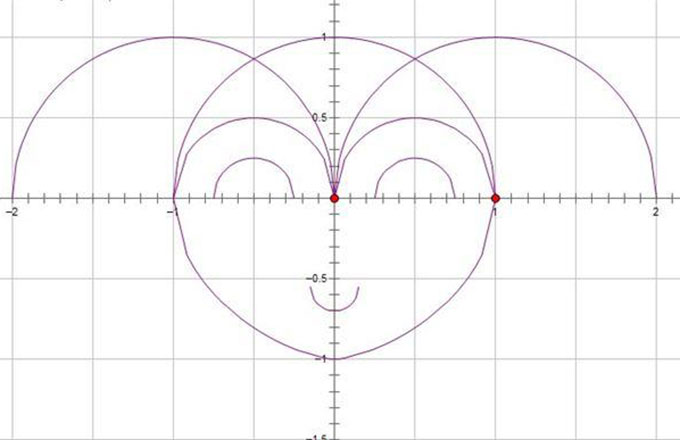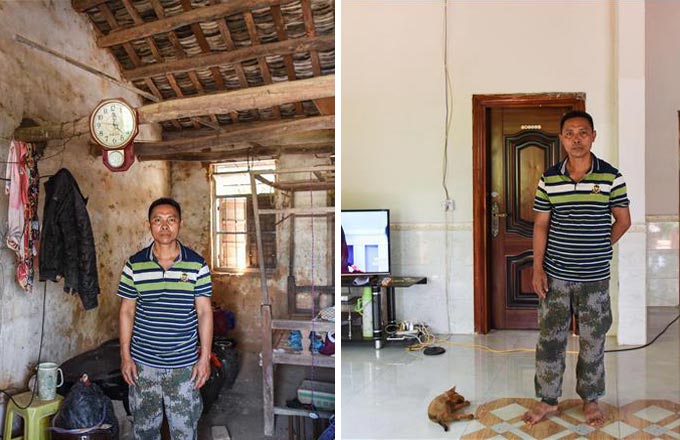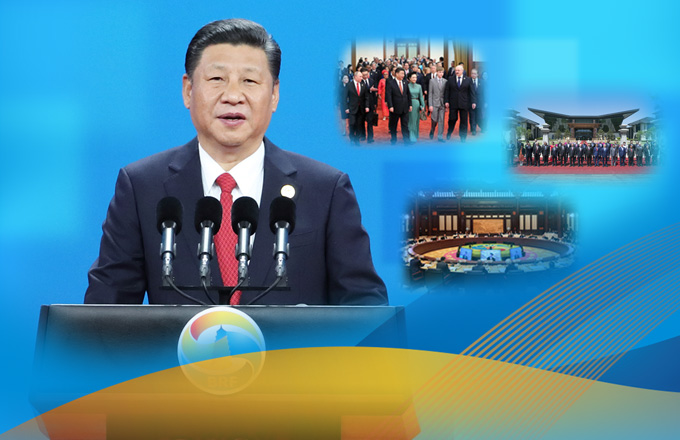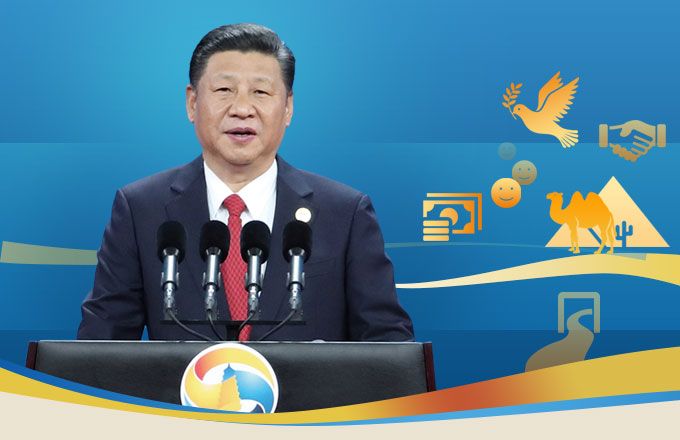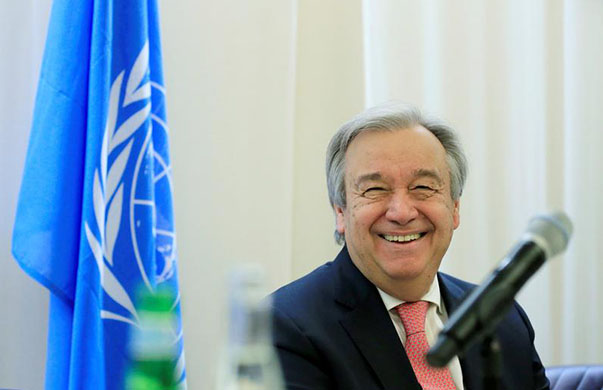Museum alliance will shed light on ancient Silk Road
An international museum alliance initiated by China was established on Thursday in Beijing to enhance cross-border studies of the Silk Road, the ancient Eurasian trade route.
The more than 100 participating organizations in the new Silk Road Museum Alliance include museums and research institutes from areas along the ancient route stretching through Central Asian countries, the Middle East and Russia.
Also involved are institutions with a large collection of cultural relics related to the Silk Road, such as the British Library, which has a large collection of Dunhuang manuscripts in its inventory.
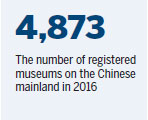
Proposed by the Chinese Museums Association, the alliance was launched in the Capital Museum, China's main venue for the celebration on Thursday of the 41st International Museum Day. Its goal is to better share resources of participants through activities such as exhibit exchanges, training in cultural relic conservation and symposiums.
Liu Yuzhu, director of the State Administration of Cultural Heritage, said a major exhibition - that already was displayed in 13 provinces around China with 20 million visitors and combines collections in museums in five province-level administrative regions in Northwest China - is being planned for an expanded worldwide tour.
"We expect higher-level international cooperation on cultural heritages along the Silk Road," Liu said. "More specific platforms will follow in fields including supervision of cultural heritage, joint scientific expeditions and improvement of archaeological technology."
China's Belt and Road Initiative participants also endorsed the alliance.
"The China-Pakistan Economic Corridor has witnessed many heritage collection and education centers on the Silk Road," said Muhammad Akhter Javed, former general director of the Pakistan Museum of National History.
"Museums can be bridges between nations, peoples and communities," said Peter Keller, director general of the International Council of Museums. "This event on International Museum Day conveys a message that museums are important tools for cultural exchange, development of mutual understanding, and peace."
The achievement is probably based on the fast development of museums in China in recent years. There were 4,873 registered museums on the Chinese mainland last year, an increase of 181 compared with the previous year, according to the State Administration of Cultural Heritage, which released the statistics on Thursday. Eighty-seven percent of those museums are free and open to the public.






